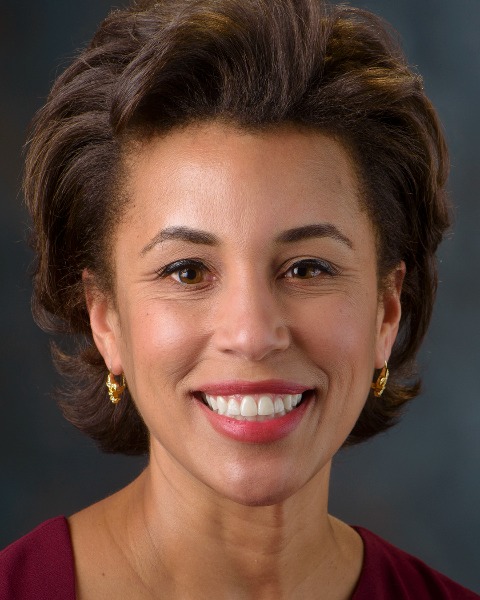Communication & Relationship Management
Finding the "Signal in the Noise": How Professionalism Tunes Into Patient Safety (35H)
A culture of trust and professionalism is vital for high-reliability organizations (HROs) to ensure safety, reliability and effective teamwork. Trust fosters open communication, reduces misperceptions and enhances collaboration, while professionalism guarantees consistent adherence to high standards and clear role accountability. By intentionally promoting professionalism and prioritizing trust, HROs can achieve superior organizational performance and improve employee wellness, creating a resilient and high-functioning workplace. Measurable benefits of these efforts include reduced malpractice costs, enhanced quality and safety, and positive impacts on organizational culture and team engagement. Furthermore, individuals in healthcare must exhibit effective communication skills, respect, teamwork, availability and self-awareness to be regarded as high performers in today's healthcare environment. To decrease the knowledge gap, the session will utilize a variety of teaching methods to keep the audience engaged and facilitate learning. These will include case studies, educational videos and live polling to reinforce key concepts and encourage active participation. This interactive approach will create a collaborative learning environment, catering to different learning styles and ensuring an engaging experience for all attendees.
Learning Objectives:
- Associate the impact of lapses in professionalism with employee engagement, patient experience, safety and organizational risk and describe a process for providing feedback when lapses in professionalism occur, as well as recognize how lapses in professionalism can indicate other underlying issues.
- Outline a strategic approach to elevating a culture of professionalism that emphasizes education; accountability for behavior; data-driven, evidence-based approaches; and recognition of best practices in professionalism.

Maureen Triller, DrPH, PMP, PHR, CMQ
Director, Academic Affairs
The University of Texas MD Anderson Cancer Center
Anne S. Tsao, MD, MBA, FACHE, FASCO
Vice President, Academic Affairs, Professor Department of Thoracic & Head and Neck Medical Oncology
The University of Texas MD Anderson Cancer Center
Crystal C. Wright, MD, FASA
Executive Director Faculty Academic Life
The University of Texas MD Anderson Cancer Center
